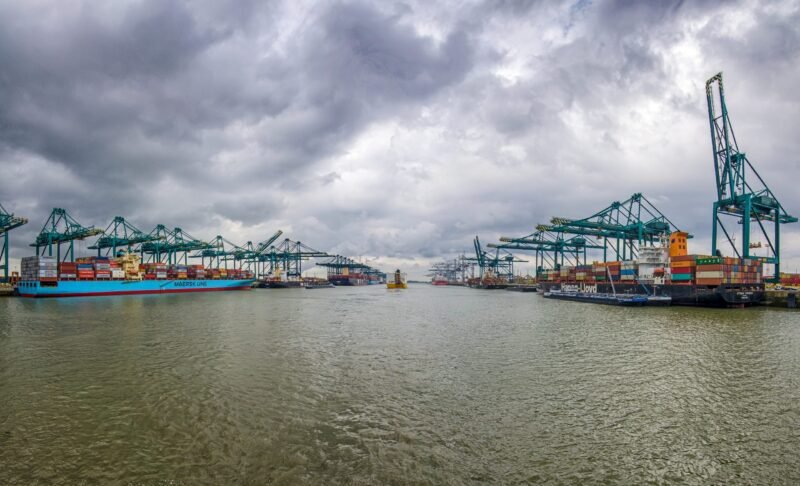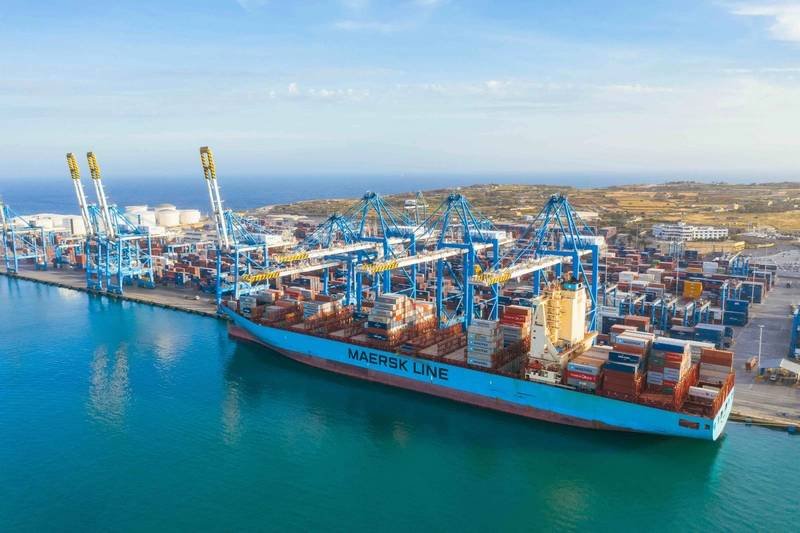Skuld Club recently addressed the significant risks of fatigue onboard vessels, emphasizing its impact on crew health, operational safety, and vessel integrity. Fatigue, stemming from prolonged exertion and disrupted sleep, severely hampers performance and increases accident risks. Common causes include long working hours, irregular sleep patterns, and high stress from isolation.
The consequences of fatigue are serious, resulting in reduced concentration, impaired judgment, and health issues like insomnia and chronic fatigue. This heightened risk can lead to marine incidents and near-misses. To combat these challenges, Skuld recommends several preventive measures: adhering to IMO rest hour requirements, offering fatigue awareness training, encouraging open communication, and improving sleeping conditions. Additionally, effective workload management and electronic monitoring of rest hours can help mitigate fatigue risks.
Regulatory frameworks such as the STCW and MLC outline minimum rest hours and maximum work limits, ensuring compliance and accountability. Shipowners, operators, and masters must monitor crew wellbeing and intervene when fatigue is evident. By fostering a culture that prioritizes rest and wellbeing, the maritime industry can enhance safety and operational efficiency.


















